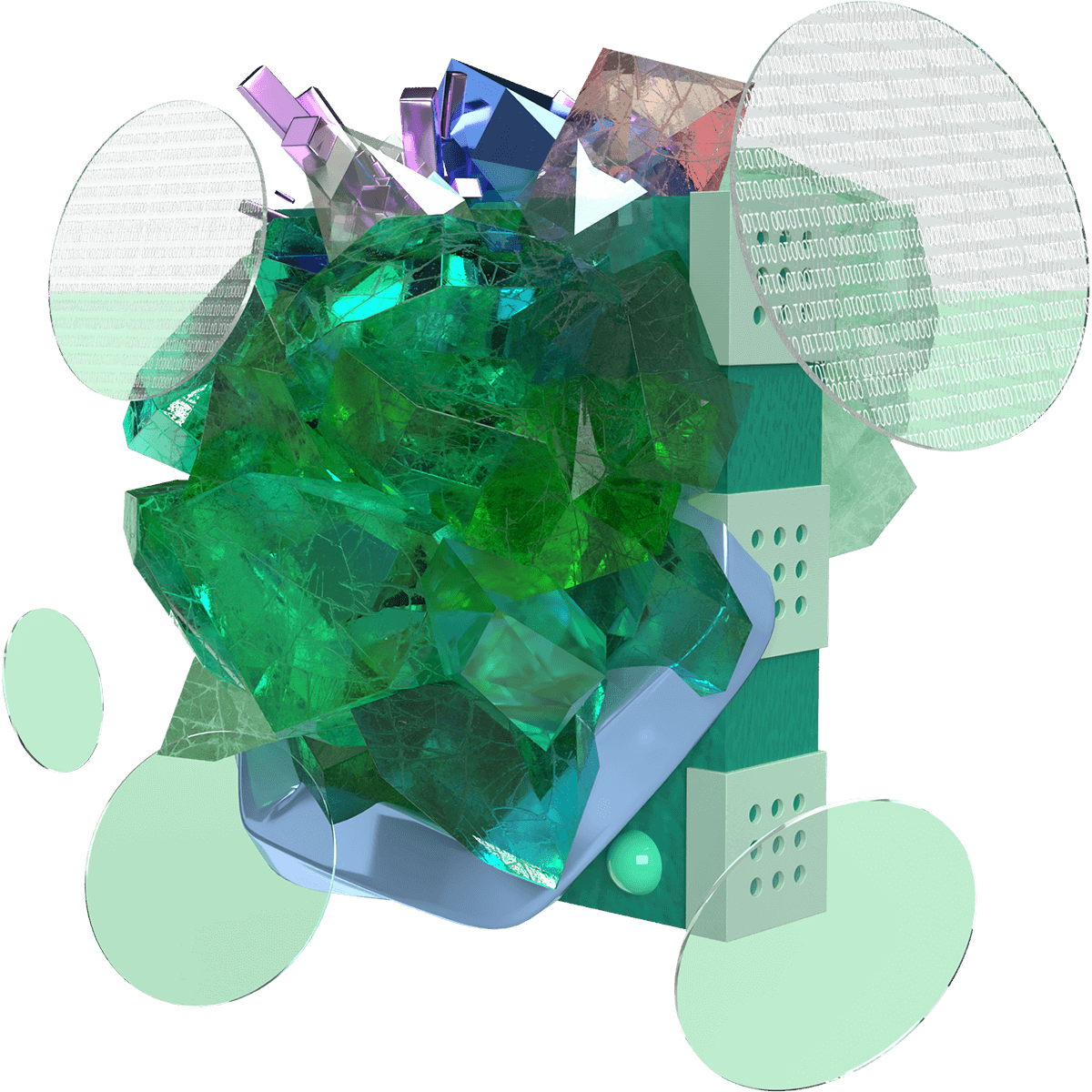
The Challenger
| Area of greatest expertise | Data | |
|---|---|---|
| Area of greatest potential | Skills |
Always seeking new creative inspiration, The Challenger is the chief explorer and co-creator of opportunity and originality within the organisation by questioning the norm.
With energy and enthusiasm, you’re excited by each new project, task and initiative. You’re always hungry for more creativity, but also excited at the positive change you sense creativity will bring. Your team is inspired by your desire to look at things differently.
As a team leader, you’re driven by curiosity and your team is beginning to ask all the right questions. Each of your projects is being recognised as having a unique point of view on solving problems.
Where others see siloed teams, you see opportunities to connect. You’re not afraid to ask for help, nor are you afraid to support others and this has given you confidence to take on bigger challenges. And you do, head on – without the fear of failure and embrace the unknown that comes with creativity.
Data, including trends, analytics and insights, has become a regular resource for the team to support decisions. Whether it’s validating what another team is thinking, or supporting your own, progressive approach.
As a result, you can see how the organisation will benefit from asking why as well as why not – you regularly turn fear into opportunity.
You and your team should build on the attributes of curiosity and courage by hosting open discussions to review creative problem-solving successes by other brands in your category and evaluating how you might do the same consistently.
Data
You and your team have an open-source approach to creativity through data – scale this strength further by visualising multiple sources of data to gain a deeper perspective and previously unimagined correlations.
Data can be the driver of innovation and change in an organisation and help to evolve creative leadership within your company.
Skills
You should look at which creative skills - such as ideation and data synthesis - are the most important to your team and prioritise them in your next L&D session.
How might we develop dynamic team members and determine roles, responsibilities and capabilities for the future of work?